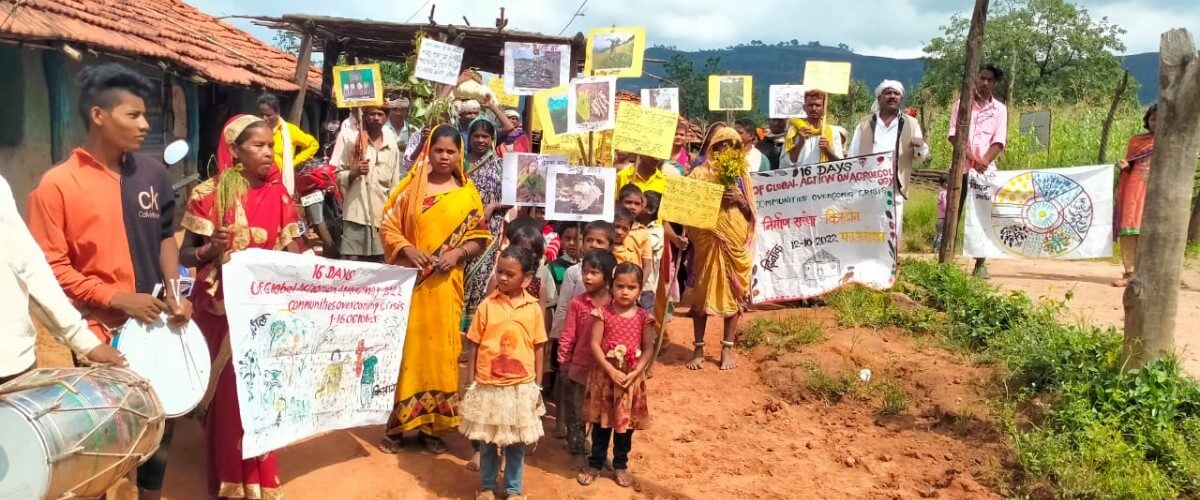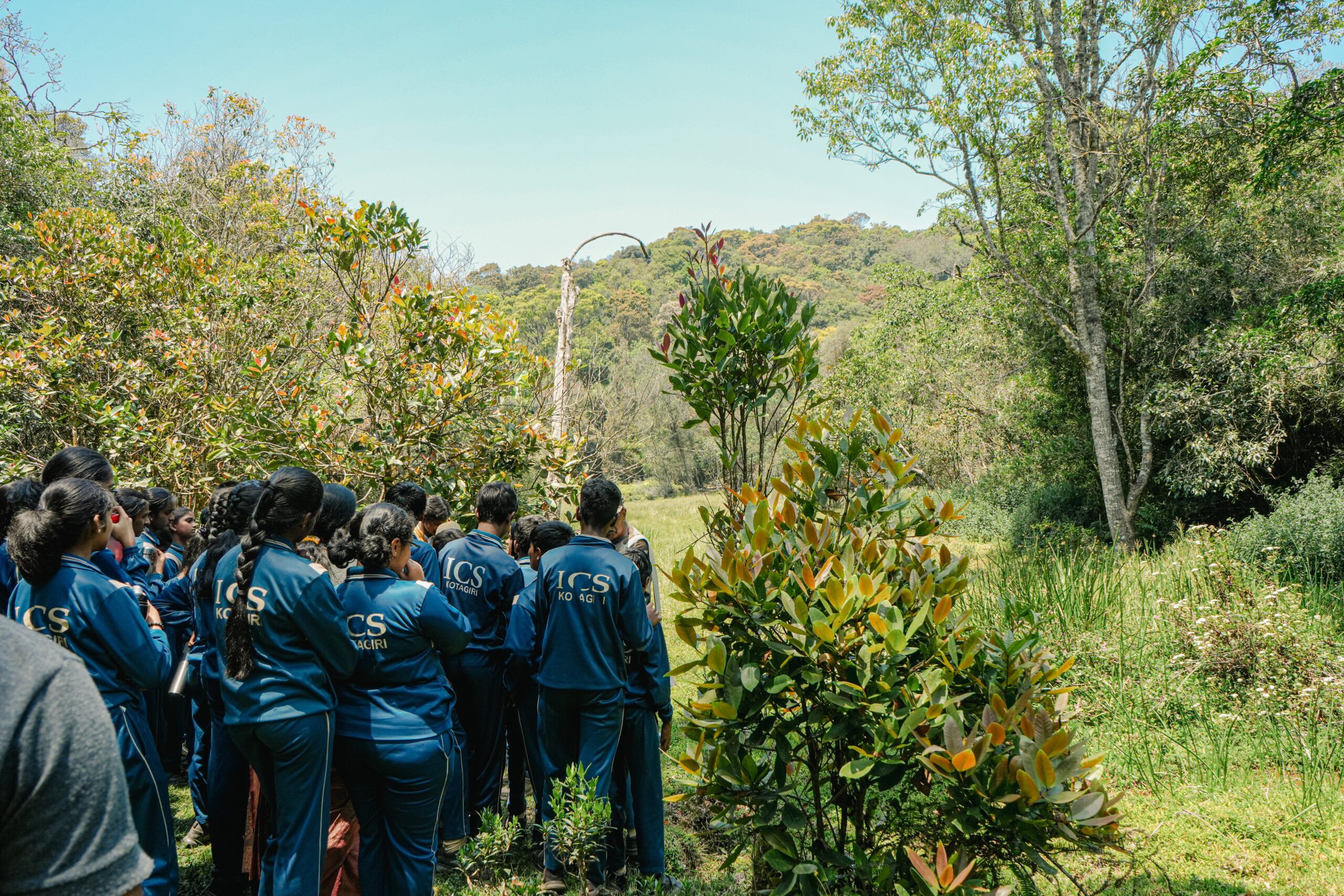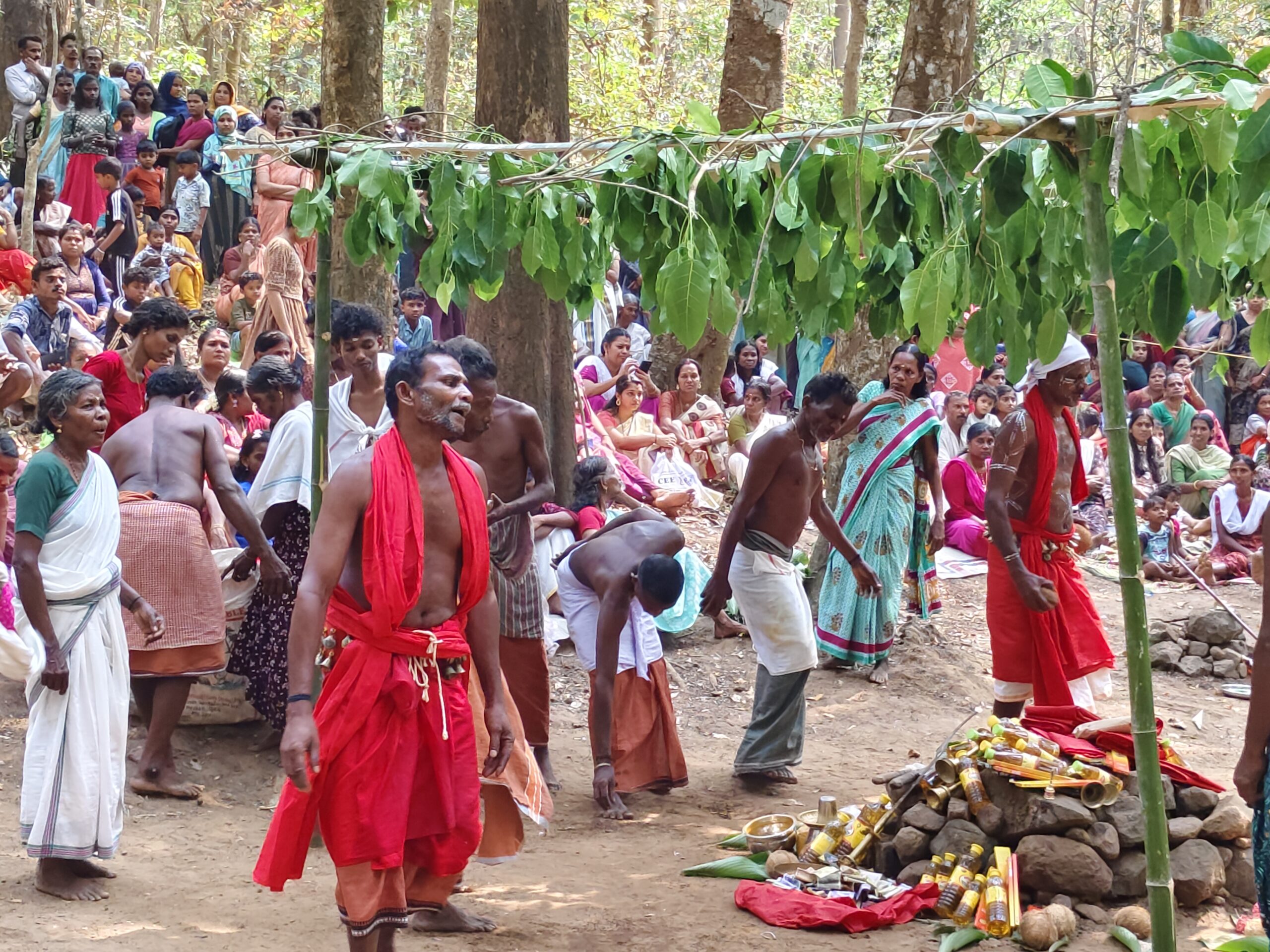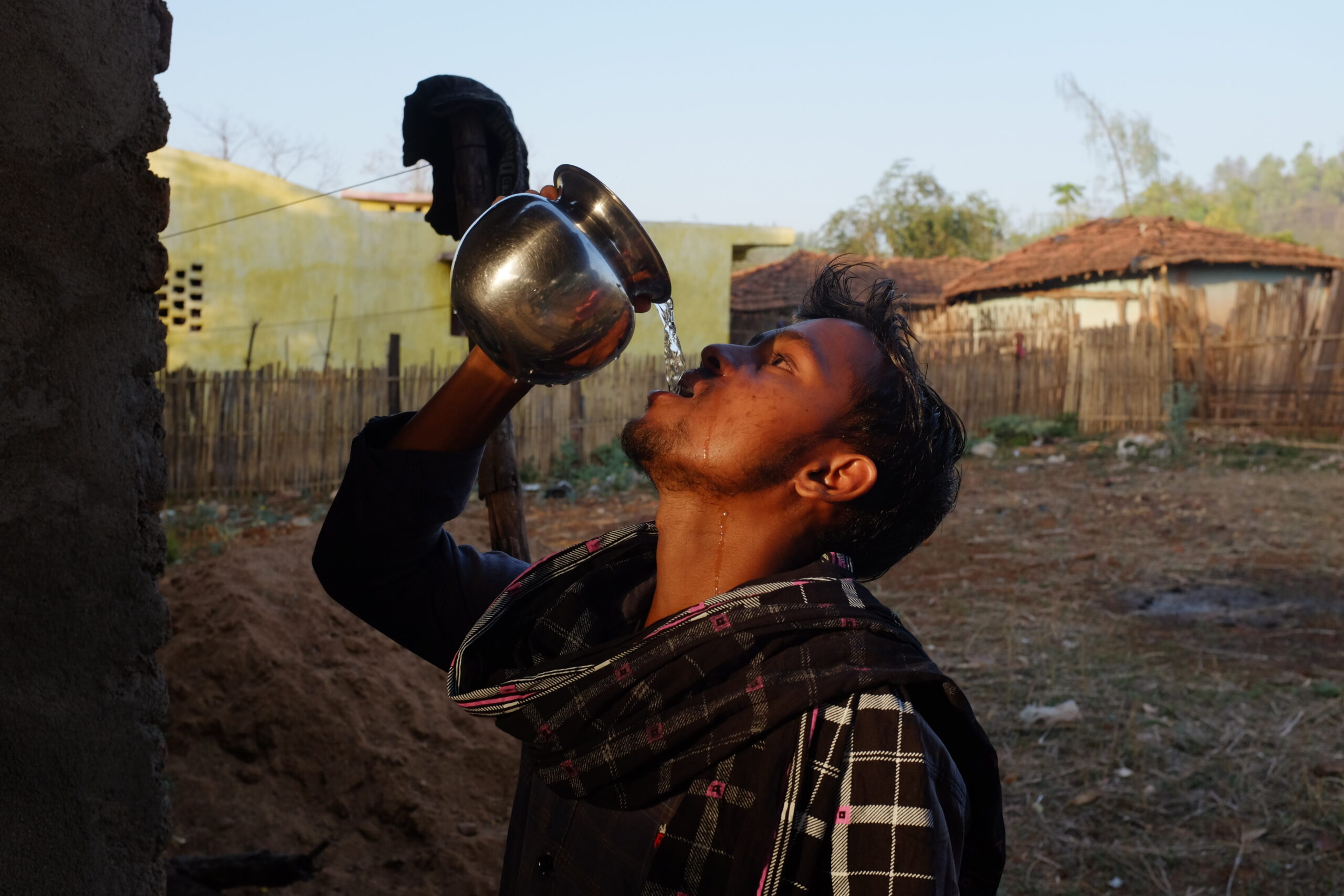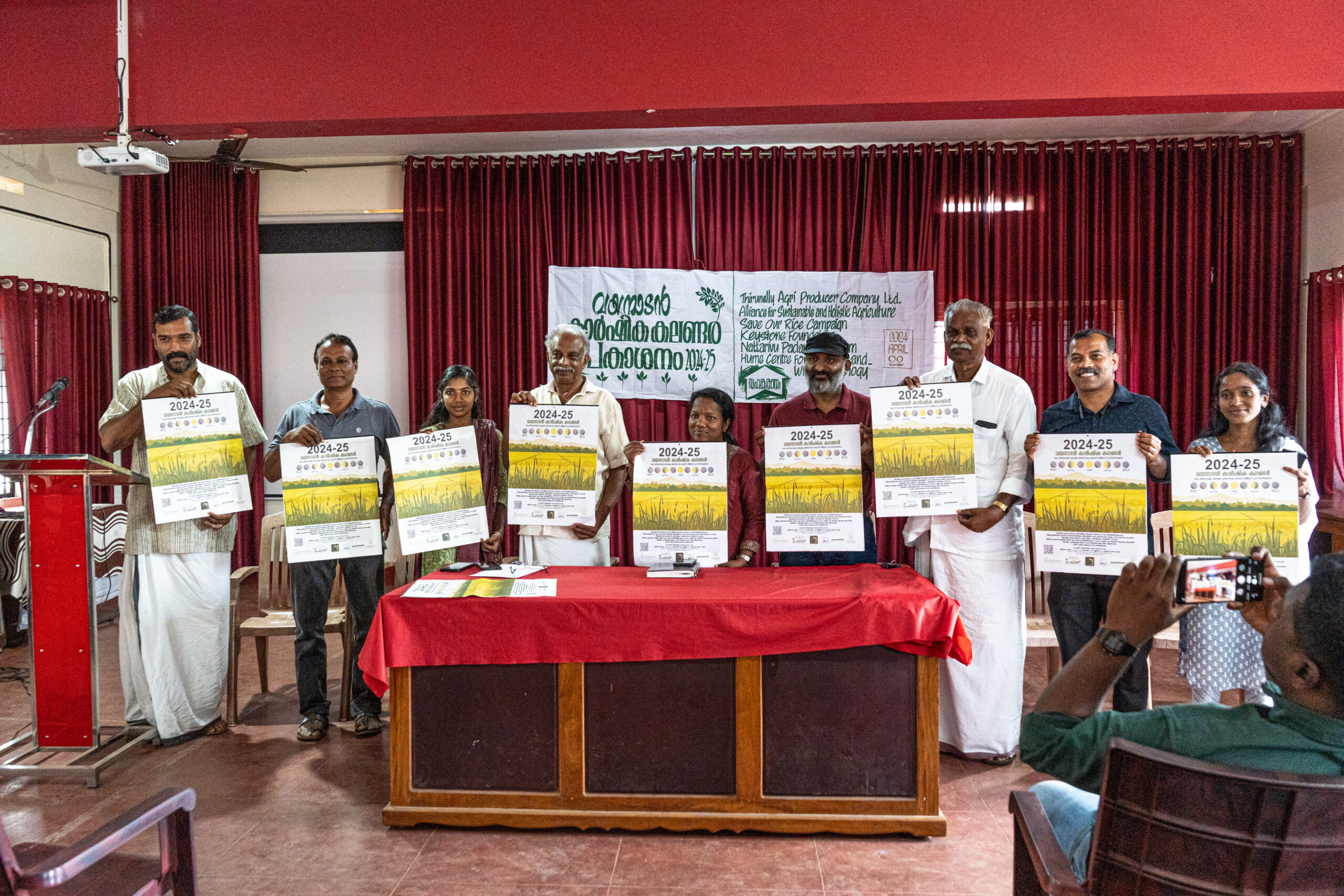October 17, 2022
By Rohan Mukerjee
Programme Coordinator – Networks & Alliances
The global food crisis is intrinsically tied to the climate crisis. Chemical-based agricultural methods that overpower gentler, smaller-scale methods of growing food that have persisted for centuries have warped our food systems, with the fatalities being nutrition, diversity and precious, healthy soil. And when we lose healthy soil, we deepen the climate crisis.
From October 1 to 16, PAN Asia Pacific organised a campaign fully led by rural farming communities (who are still producing a majority of the food consumed globally) across South Asia to demand a shift back to their native, traditional, planet-friendly food systems. With Keystone’s Networks and Alliances team, I coordinated the campaign in the form of workshops, discussions, street plays, and rallies across the Central and Eastern Indian landscape. With our new office in Potka, Jharkhand, being the point of contact, hundreds of community members from Jharkhand, West Bengal, Madhya Pradesh and Chattisgarh are leading the movement – these are the Paharia, Ho, Santhal, Bhumji, Nagesia, Gond, Baiga, Pahari Korwa, Kheria Sabar, Oraon, Mahato, Munda and Bharia tribal communities. The last 16 days of rich knowledge exchange has already strengthened unity among communities and deepened their dedication to organic farming, traditional seed varieties, kitchen gardens, indigenous knowledge of plants and other planet-friendly agricultural methods.

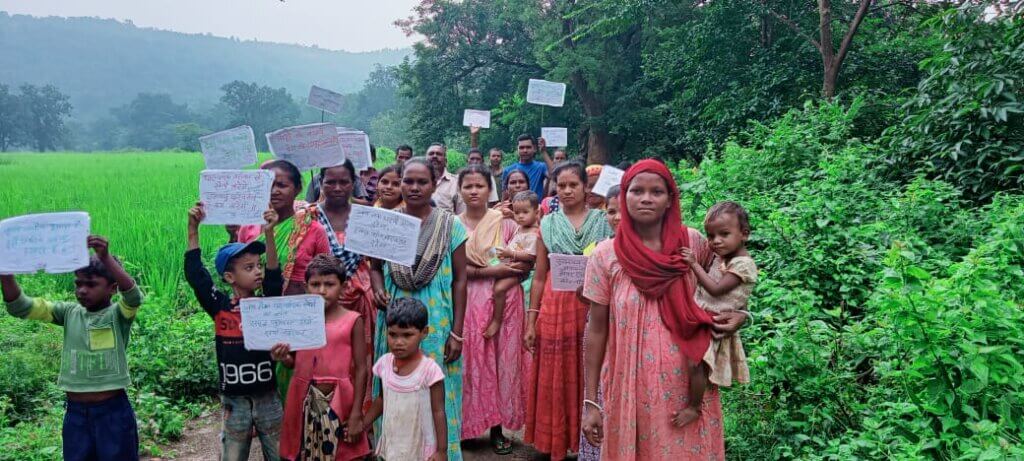
It is a critical time when malnutrition, hunger and a rapid loss of traditional seed varieties are at an all-time high, and so are unsustainable land grabs and chemical-intensive agricultural methods. We must listen to the small producers who not only bear the brunt of the crisis. While the important work being done by them is vast, it continues to be unseen, not making it to mainstream media. We request our readers to share the documentation of their activism, and help bring visibility to this crisis:
- Watch + share our posts on Instagram.
- Follow work being done by Keystone Foundation and PAN Asia Pacific.
- Ask your local authorities to promote and incentivise the switch to organic farming through activities like seed exchanges, food festivals, collective farming, workshops, local markets, policy advocacy, rallies and more.

